If anyone wants to convince me that a god exists, prayer studies could be one possible avenue. So I noticed this headline:
Prayer May Help Victims of Domestic Abuse
And how ‘may’ prayer ‘help’? By preventing abuse? No, nothing quite so concrete.
Prayer can help victims of domestic violence deal with their situation and emotions by using coping methods such as venting, a small new study suggests.
It included dozens of people in abusive relationships who were interviewed by Shane Sharp, a sociology graduate student at the University of Wisconsin, Madison. The racially diverse participants came from different regions of the United States, were mostly from Christian backgrounds and had varying levels of education.
I wonder if the abuse victims were mostly Christian because of availability. Not the greatest track record on gender equality or anything.
One finding was that prayer offers “a readily available listening ear” to people who were boiling with anger.
“If they vented their anger to their abuse partner, the result was likely to be more violence. But they could be angry at God while praying without fear of reprisal,” Sharp said in a university news release.
Prayer also offers domestic abuse victims an opportunity to see themselves as God views them.
“During prayer, victims came to see themselves as they believed God saw them. Since these perceptions were mostly positive, it helped raise their senses of self-worth that counteracted their abuser’s hurtful words,” Sharp said.
Is anyone else underwhelmed by this? Say you’re the all-powerful creator of the universe, and one of your beings (or believers) is suffering horrifying abuse in a relationship. You’re capable of doing anything to help. What will you choose? Maybe — stop the abuse? Turn the abuser’s heart? (The god of the Bible can change people’s feelings, you know.) How about a mysteriously vague heart attack for the abuser?
Or will you… give the abused spouse vague positive feelings? Until the next cycle of abuse. Thanks a lot.
I don’t suppose I’ll be getting many gloating messages from believers about this study. It’s interesting about prayer, just like other studies are interesting about placebos, but in order to believe that a god was behind the effects, you’d have to believe that God is watching case after case of abuse while doing nothing real. How many cases? Surprisingly many, according to this estimate from the Australian Department of Statistics.
approximately one in five women (19 per cent) have experienced sexual violence at some stage in their lives since the age of 15 and one in three women (33 per cent) have experienced physical violence at some stage in their lives since the age of 15.
If prayer helps abuse victims, then this is a strange definition of ‘help’.
When people talk about the power of prayer, let’s remember that the only benefit we observe is the kind of stuff that people could imagine up anyway, even if no god existed. If this god does exist, he could surely do better. But for some reason, he won’t. Skip the god. Better to talk to people who are there to help this kind of thing.






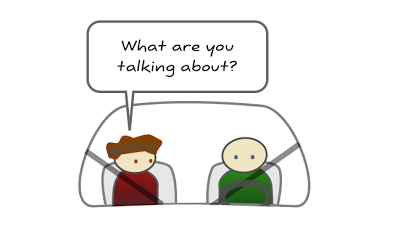
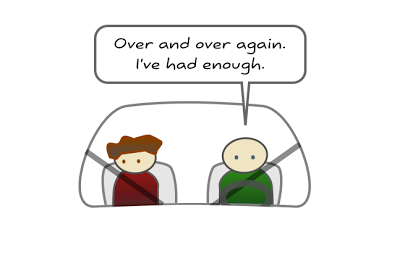
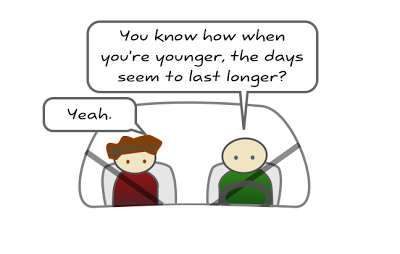
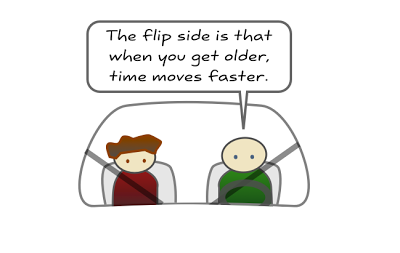
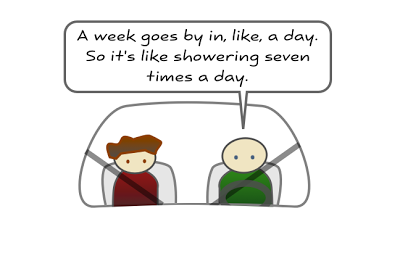








Recent Comments